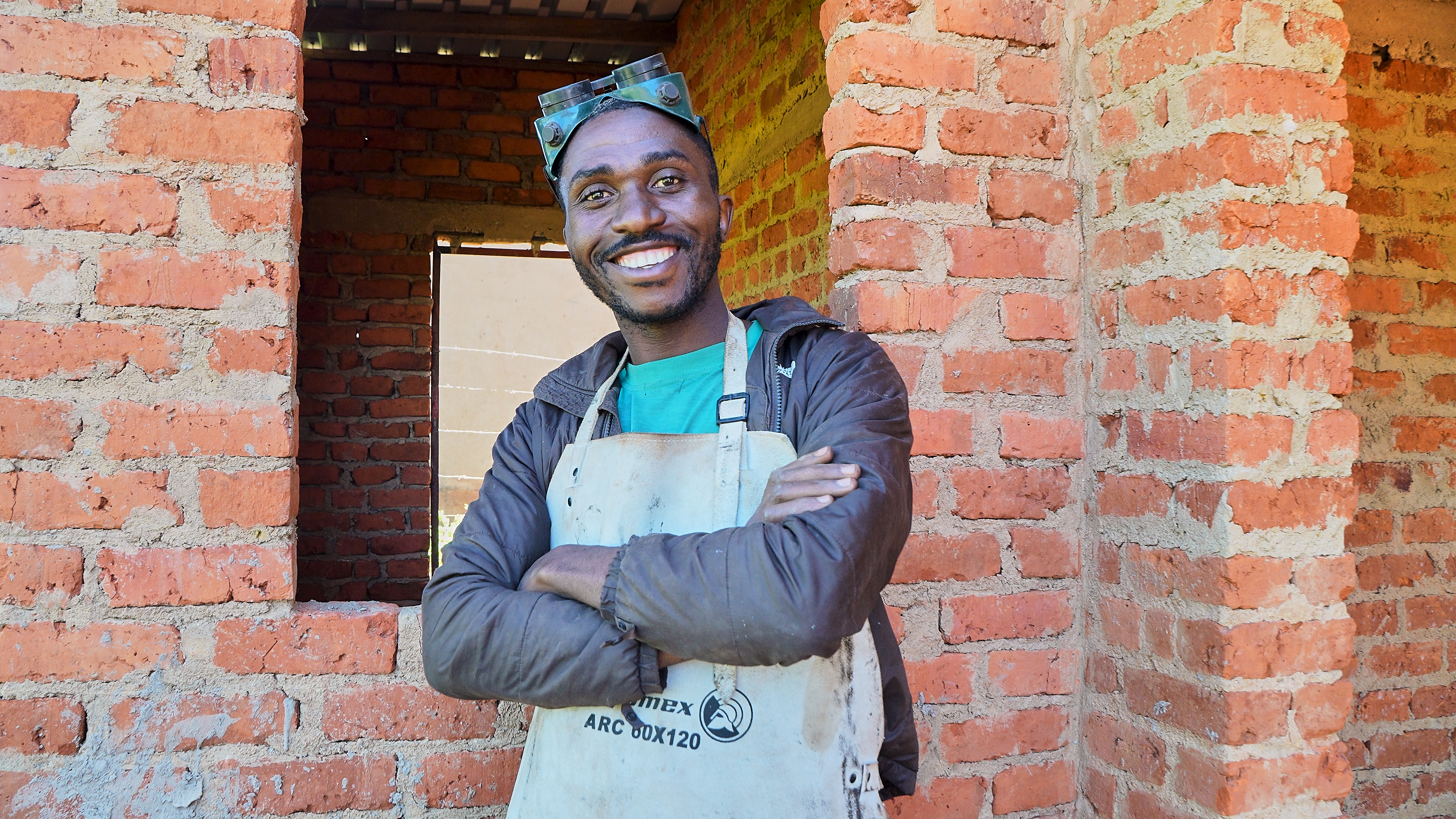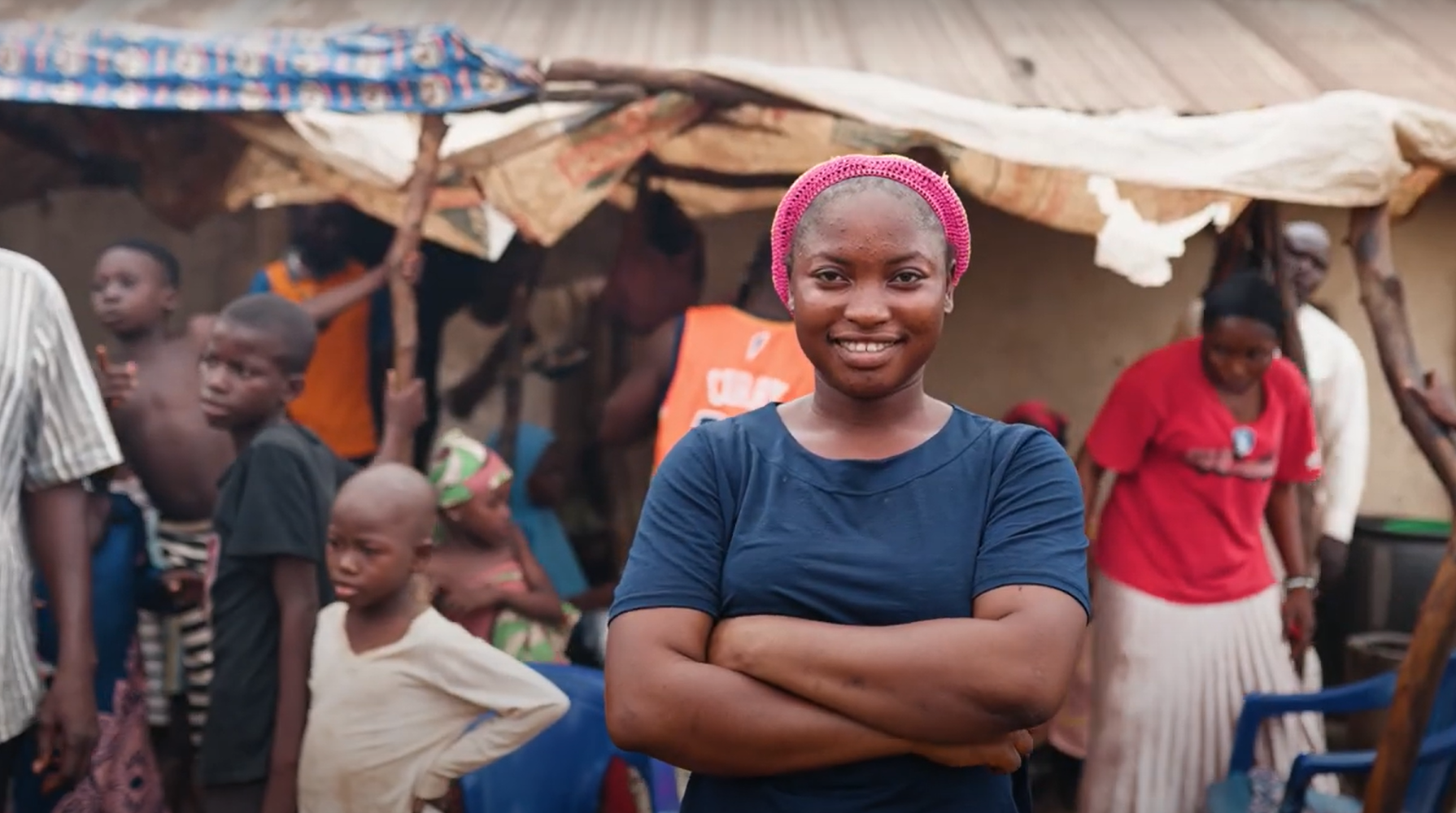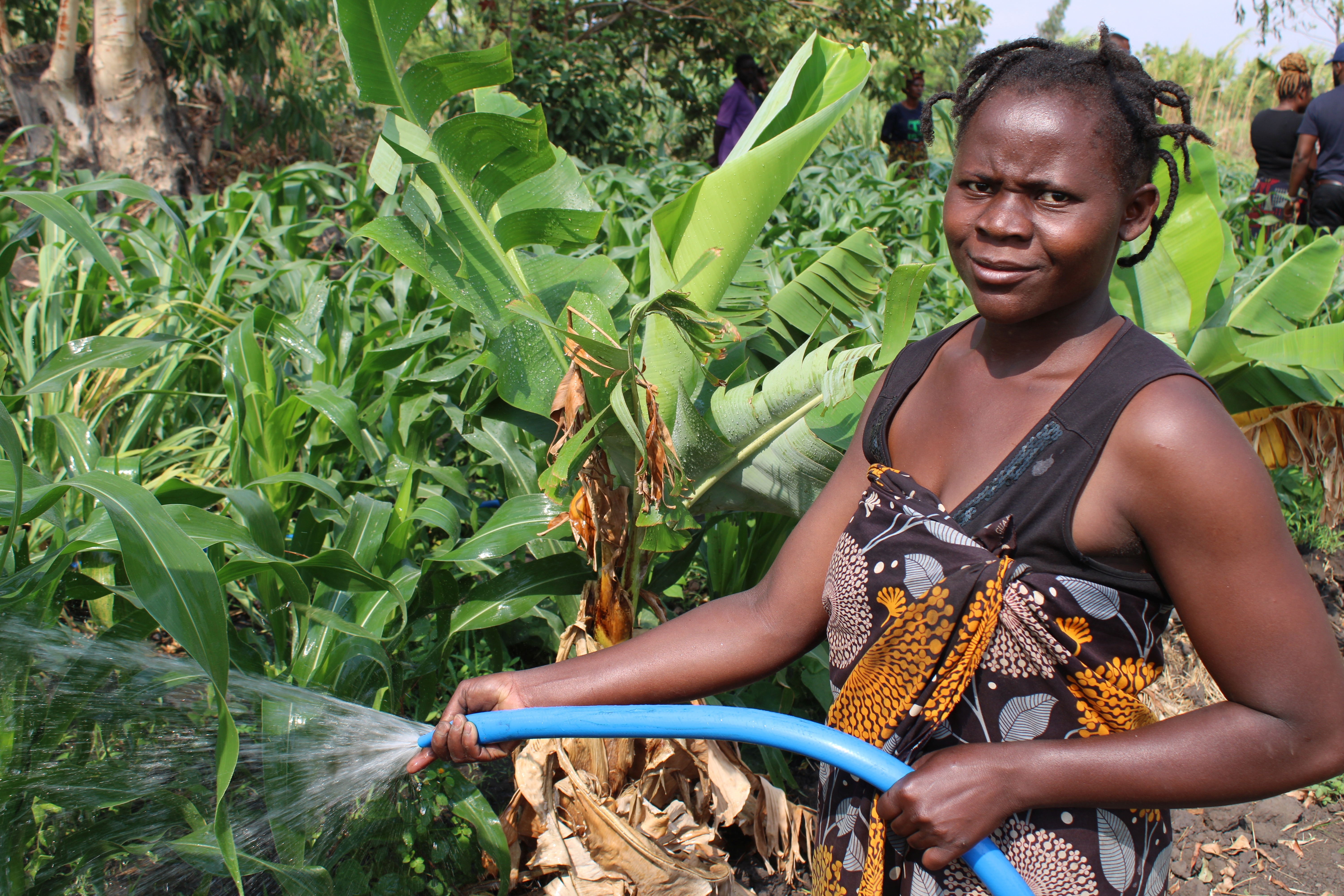Cooling food insecurity in Africa with Sokofresh’s solar-powered cold storage solutions

In sub-Saharan Africa, post-harvest loss represents one of the most pressing challenges for smallholder farmers.
Every year, up to 40% of produce is lost due to poor storage conditions, lack of access to reliable refrigeration, and an underdeveloped cold chain infrastructure. This leads to billions of dollars in wasted food, lost income for farmers, and a serious threat to food security across the continent. In a region where agriculture accounts for one-third of GDP and employs over 60% of the population, these losses have profound economic and social impacts.
To tackle this crisis, Sokofresh, with the support of the Global Energy Alliance for People and Planet’s (GEAPP) Productive Use Financing Facility (PUFF), has developed a solution: solar-powered cold storage. “Sokofresh operates on a cooling-as-a-service model, which provides farmers with affordable access to climate-friendly refrigeration units. The solar-powered cold storage facilities allow smallholder farmers to preserve their produce for longer periods, enabling them to sell at higher prices and reduce post-harvest losses.” Stephen Katingima Chief Operations Officer
According to Katingima, one of the biggest challenges Sokofresh aims to solve is the reliance on costly and polluting diesel generators, which are often the only option for refrigeration in off-grid areas. According to the World Bank, an estimated 75% of sub-Saharan Africa’s agricultural output comes from smallholder farmers, many of whom do not have access to the electricity grid. This means that farmers often rely on expensive diesel-powered cold storage, if they have access to refrigeration at all.
Sokofresh’s solar-powered cold storage units provide a clean, affordable alternative. These units are equipped with energy-efficient cooling technology that can be deployed in off-grid areas, reducing the need for diesel generators and lowering operational costs for farmers. The impact on post-harvest loss is significant—Sokofresh has already helped farmers extend the shelf life of their produce by up to 21 days, giving them more time to market their crops and secure better prices.
Take the story of Agnes Wangari, a smallholder farmer in Gatitu Central Kenya who grows fruits. Before partnering with Sokofresh, Wangari’s farm would lose a substantial portion of its produce to spoilage, particularly during the peak harvest season when market prices were at their lowest. “I would watch my hard-earned produce go to waste because I couldn’t sell it fast enough,” Ndegwa recalls. “Without refrigeration, there was no way to store my fruits, and the local markets were flooded with supply, driving prices down.”
Since gaining access to Sokofresh’s solar-powered cold storage facility, Wangari says, “Now, I sell all my harvest for each season to Sokofresh who buy at the highest price in the area, and this has helped increase my income. This has been a game-changer for my farm and my family,” Ndegwa says.
Beyond economic benefits, the switch to solar-powered cold storage also has environmental advantages. By reducing reliance on diesel-powered generators, Sokofresh is helping farmers lower their carbon footprints, contributing to Africa’s just energy transition. This aligns with GEAPP’s mission of accelerating the adoption of renewable energy across the continent and ensuring that Africa’s energy transition is inclusive and sustainable.
Woochong Um, CEO at GEAPP, emphasized the significance of solar-powered cold storage in transforming the agricultural sector. “Post-harvest loss is not just an economic issue; it’s a sustainability issue. By supporting innovations like Sokofresh’s solar-powered cold storage, we are reducing food waste, improving livelihoods, and helping farmers become more resilient to climate change. This is the kind of transformational change that Africa needs to ensure food security and economic development.”
Scaling of Sokofresh’s model is also creating jobs in rural communities. In the areas where Sokofresh operates, the company has employed local technicians to maintain and service the cold storage units, providing new employment opportunities and building local capacity in renewable energy technologies.
Moving forward, Sokofresh aims to expand its operations to reach more smallholder farmers across Kenya and beyond. The company is also exploring opportunities to integrate digital solutions, such as remote monitoring and data analytics, to optimize the efficiency of its cold storage units and enhance farmers’ decision-making.
Sokofresh’s work is also aligned with the broader goals of Mission 300, a partnership led by the World Bank Group (WBG) and African Development Bank (AfDB), supported by the Rockefeller Foundation, GEAPP, and Sustainable Energy for All (SEforALL). Mission 300 aims to connect 300 million people in Africa to electricity by 2030, accelerating the productive use of renewable energy-powered technologies for agriculture. This mission is key to creating jobs, driving economic growth, and significantly reducing poverty across the continent.
Sokofresh’s solar-powered cold storage solutions are addressing one of the most critical challenges facing Africa’s agricultural sector—post-harvest loss. By providing affordable, climate-friendly refrigeration options, Sokofresh is helping farmers like Peter Ndegwa reduce waste, increase their incomes, and contribute to a more sustainable future for African agriculture. Through the support of GEAPP’s PUFF program and the broader objectives of Mission 300, Sokofresh is not only enhancing food security but also driving Africa’s renewable energy transition, one cold storage unit at a time.


